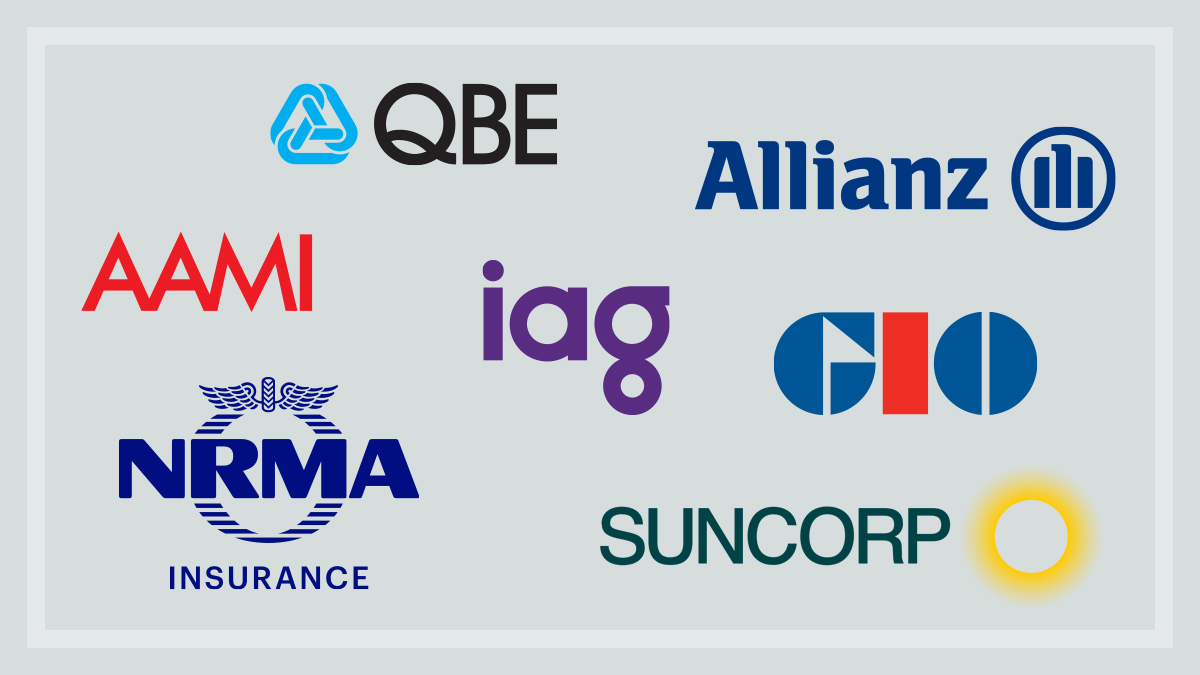Get our independent lab tests, expert reviews and honest advice.
What is income protection insurance and is it worth it?

Need to know
- Income protection insurance gives you a regular income if you can no longer work due to illness or injury
- You can take out the insurance either through your super fund or separately
What is income protection insurance?
Income protection insurance gives you regular income payments if you have:
- become unable to work because of an illness or injury; and
- exhausted your sick leave; and
- have reached the end of your policy’s waiting period.
Income protection insurance will replace a percentage of your previous income. If you’re receiving any other income (such as Centrelink payments), this can reduce the amount of money you get from the insurer.
Income protection insurance is available either through your super or directly. This article covers income protection insurance outside super.
Should you buy income protection insurance with your superannuation or elsewhere?
Why buy income protection insurance outside of your superannuation?
It’s usually easier to get income protection cover in your superannuation, but income protection insurance outside your super can offer more extended cover and shorter waiting periods than the same insurance in your super. And, unlike income protection insurance in super, the premiums (costs) are generally tax deductible.
Why buy income protection insurance in your superannuation?
Retail income protection insurance bought outside of your superannuation will usually cost more.
This insurance outside super is also more likely to be individually underwritten. This means the insurer will take into account any pre-existing medical conditions you have, which could make the cover more expensive. In some cases, you may not be offered cover at all, or you may only be offered restricted cover.
This insurance within super is more likely to have automatic acceptance, particularly if you join a super fund which provides income protection insurance as a ‘default’.
Do you need income protection insurance?
If you have a mortgage and people, like family members, dependent on your income, then income protection insurance is essential. Income protection policies are designed to meet the costs of ‘living’ if you’re unable to earn your usual income.
If you’re young and single with no dependents and limited fixed expenses, then income protection insurance is worth considering but not essential. Think about how you will support yourself if you’re suddenly unable to earn an income. Can you lean on your savings and your family, or do you still need a regular income to support yourself? If it’s the latter, then income protection insurance is worth considering.
How much does income protection insurance pay?
If you successfully claim a benefit, it will typically be calculated based on your earnings in the year before your disability. So the amount of your payment can depend on things such as whether you’ve recently taken parental leave, worked part-time or become unemployed.
If you already have income protection cover outside your super, you may have ‘agreed value’ cover. This is where you get a benefit based on a percentage of an agreed amount when you took out the insurance. However, this type of insurance has not been available to take out since April 2020 (as it was becoming too costly for insurers to offer it).
Nick, a farmer from Gloucester, NSW, had an income insurance policy with a large insurer. The policy was fine, but Nick had a not-so-typical income situation, because the money he made varied depending on the success of the farm each year.
When Nick suffered an incident, the company refused his claim because they had defined his assessable income as being based on his taxable income. Sadly, for the year in question, Nick had no taxable income. Instead, his income that year came from a legitimate repayment of money he’d lent to the family company in previous years.
Nick had seen no mention of ‘taxable income’ being the basis of assessing what he would get from the insurer. Luckily, he was able to use an independent claims assessor to help negotiate with the insurer and reach a compromise.
When taking out any insurance policy, check the terms and conditions carefully and the way the key terms of the policy are defined.
How long will you get paid for?
This depends on how much you want to pay for the insurance. Generally, the more you pay for the insurance, the longer the policy will pay you if you can’t work because you’re sick or injured. This can typically be two years, five years, or up to age 65.
How much income protection cover do you need?
Here you’ll have to do your homework. Income protection covers roughly 75% of your income if you’re sick, injured or unable to work. To get the best cover, you’ll need to budget your standard costs – such as rent or mortgage payments, utilities and food – taking into account any dependents you want to provide for. This will help you decide what level of cover you need.
How is the premium calculated for income protection insurance?
Your income protection insurance premium depends on:
- age (premiums may increase or cover may decrease as you get older)
- gender
- health and pre-existing conditions
- whether or not you smoke
- occupation (for example, a manual labourer pays more than an office worker)
- how long you choose to wait before receiving payment.
Should you choose a stepped or variable income protection insurance premium?
The premiums generally work one of two ways over time:
Variable age-stepped premium
- The cost of your insurance is recalculated each time you renew – similarly to house or car insurance.
- A variable age-stepped premium starts out cheaper, but goes up as you get older.
Variable premium
- Level premiums start out more expensive, but cost increases aren’t based on you getting older, so the increases are usually slower over time.
How to get the best income protection insurance.
Shop around to compare cover and prices for income protection insurance, because it can differ greatly. Ask the following questions about the policies you’re looking at:
- What’s covered? What’s not covered?
- How much will I be paid if I make a claim?
- What will the insurance premiums cost now? How will they be increased later?
- Consider a non-cancellable or ‘guaranteed renewable’ policy. Otherwise companies may reassess your health or other factors on each renewal, possibly raising your premiums or refusing to continue your cover.
- Look for a policy with ‘guaranteed future insurability’ or ‘future insurability benefit’, which lets you increase your level of cover without further underwriting if certain ‘life trigger’ events happen, such as buying a home or having a child.
- Offset clauses allow insurers to reduce payouts if you have other income (for example, sick pay or Centrelink benefits). Check the relevant section of the policy for details.
- Some policies pay out if you’re unable to do your normal job. Others only pay if you can’t do any job for which you’re suited by education, training or experience. Look out for policies that pay if you’re unable to do your regular job.
- If you like to shop around, a stepped premium may be more appropriate. Note that once you develop a health condition, shopping around may not be possible as this insurance usually doesn’t cover pre-existing conditions.
This list isn’t exhaustive. Before committing to a policy you should compare product disclosure statements (PDS). You could also consider getting professional financial advice.





